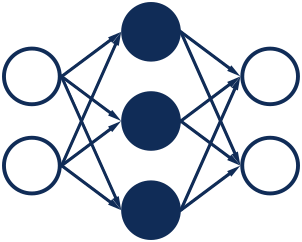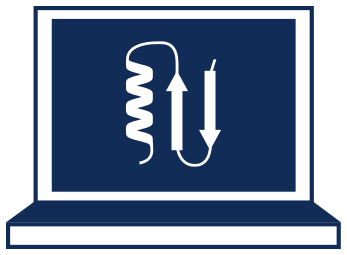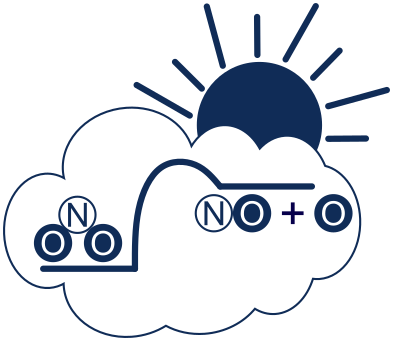Physical Chemistry Group

Physical Chemistry research is phenomena-oriented and aims to understand chemical and physical processes. The research activities of the Physical Chemistry Group at IChem are highly interdisciplinary and span a broad range of topics. We focus on developing techniques, instrumentation, computational simulation methods, and apply these to biomacromolecular complexes, clathrate hydrates, drug-delivery systems, functional materials, ionic liquids, polymers, supramolecular systems, and environmental problems.
Research Areas
Experimental Physical Chemistry and Spectroscopy

Spectroscopic and electrochemical techniques are powerful tools for studying the properties of materials and interfaces. We direct our endeavors to chemical instrumentation for aerosol particles, and investigations on the physical properties of ionic liquids and molecularly imprinted polymers. Methods using non-linear optical spectroscopy (second harmonic generation) and other classical techniques such as electrochemistry are being developed to help in understanding new materials and interfaces.
Surface Chemistry, Imaging and Image Processing

Chemical and physical processes occurring at surfaces and gas-liquid-solid interfaces are crucial in many applications. We dedicate our efforts to the characterization and imaging of surface phenomenon and events such as surface tension. Methods of machine learning are also being developed in tandem with image processing algorithms using Python.
Theory, Computation and Machine Learning

Modelling and simulations provide comprehension of chemical, electronic and physical properties. We delve into the study of structures, static and dynamics of the properties of aerosol particles, drug-delivery systems, energy-transfer, macromolecules, and polymers. We devote our efforts on electronic structure calculations, force-field development, as well as on machine learning models based on spectra and imaging output.
Functional Molecules and Material Design

The industrial and pharmaceutical sectors are always in need of functional materials and design of new materials. We place strong emphasis on understanding the processes for sensors/devices applications, protein engineering, and aggregation of biomolecular and supramolecular systems of medical relevance.
Atmospheric and Environmental Chemistry

Considering the various chemical processes that occur in the environment, it is important to study pollution control strategies. Laboratory experiments, ambient measurements, and modelling work are being conducted to study multicomponent atmospheric nucleation, CO2 storage and CO2 reduction, degradation of cellulosic materials, and understanding aerosol particles and soil properties.

